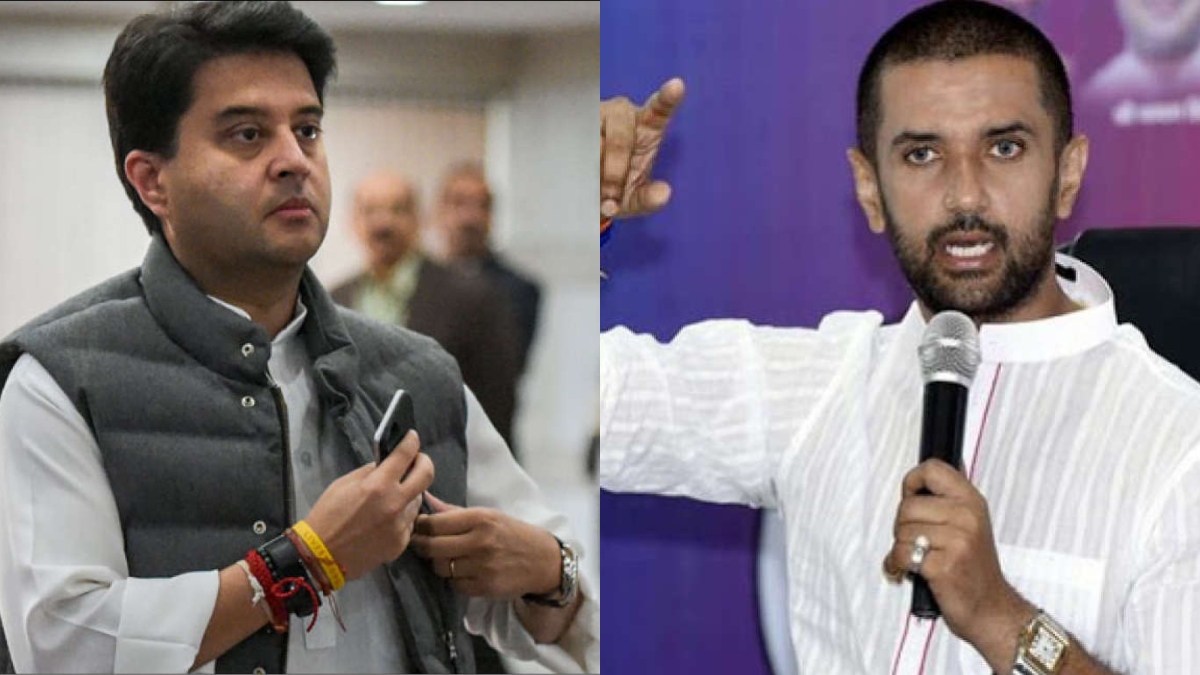


Prime Minister Narendra Modi’s dig at the dynasts in Indian politics after the Bihar Assembly victory could not have come at a worse time for both Jyotiraditya Scindia and Chirag Paswan. Both these men are immensely talented, and under normal circumstances were expected to join the Union Cabinet. However, their induction in the council of ministers would be doubtful now, given that Modi has not minced words in declaring that dynastic politics was responsible for holding up development in most areas. Although the PM’s observations were aimed at both the Gandhi family and Tejashwi Yadav, they can be widely interpreted as an indictment of others too, who have benefitted from their genetic inheritance. At this juncture, the BJP is also trying to face the challenge from Kashmir politicians, also dynasts; they have come together to demand restoration of full statehood for their state. It is also significant that the first parties that had come to support the NDA during Atal Bihari Vajpayee’s time were family run. Om Prakash Chautala and Parkash Singh Badal had backed the NDA as did Shiv Sena, which is now on the other side of the political divide. Within the saffron camp also, there have been politicians who have gained because of their bloodline. The Scindias, Poonam Mahajan, Pankaja Munde and many more fall in this bracket. Therefore, the PM’s views must be seen in the larger context of Indian politics, where there are multiple parties that are family-owned businesses. The Samajwadi Party and the NCP as also Biju Janata Dal, TRS, DMK and YSR Congress fall in this category.
In the past too, there were powerful families that held sway over the political arena for years together. Kamalapati Tripathi’s clan, the Shuklas, the Dikshits, the Bahugunas and many more. When Indira Gandhi was promoting Sanjay, one of her close confidants, Nasik Rao Tirpude, who had a running battle with Y.B. Chavan in Maharashtra, had stated that every politician has a Sanjay to promote. Likewise, Sharad Pawar was the Sanjay of Chavan, a statement, which created a huge controversy and led to the fall of the Vasantrao Patil government in the state. Seen from Tirpude’s perspective, it is true that political leaders groom those who are perceived to be close to them, sometimes at the cost of others. If one takes a political party as also a parivar, there are those who get the preferential treatment, because of their proximity to primary leaders. This has been happening for too long. Yes, PM Modi, in the present case, was trying to hit out at Sonia and Rahul Gandhi, who have inherited Indira Gandhi’s legacy and was trying to minimise the achievement of Tejashwi Yadav, who has emerged on the Bihar scene.
Politics is a game of possibilities, and one does not know when one has to shake hands with even those who are adversaries. In Kashmir, the BJP took the support of Mehbooba Mufti to form the government even though there was no common meeting ground. PM Modi is firmly in the saddle at the Centre and his popularity has been reinforced by the Bihar outcome. However, he is also a pragmatic politician who would always keep his options open.